In a surprise development, foreign shareholders have reportedly suspended their participation in the Arctic LNG 2 project, a major liquefied natural gas (LNG) business in Russia's Arctic region.
This development represents a significant shift in the project’s dynamics, and is likely to impact its progress, finances, and future operations. The reasons behind the move have not been disclosed, but its implications could extend far beyond the project itself.
Russian daily Kommersant reported on December 25 that foreign shareholders have suspended their participation in the Arctic LNG 2 project due to sanctions, renouncing their responsibilities related to financing and offtake contracts for Russia's newest LNG export plant.
The project – seen as a key element in Russia’s efforts to increase its global LNG market share to 20% by 2030 from 8% – has been hampered by US sanctions imposed in response to Moscow’s military campaign in Ukraine, and a shortage of gas tankers.
Chinese state oil companies CNOOC Ltd and China National Petroleum Corporation (CNPC) each have a 10% stake in the project, which is controlled by Novatek, Russia's largest LNG producer and owner of a 60% stake in the project.
The two Chinese companies, along with France's TotalEnergies and a joint venture of Mitsui and Co and Japan's JOGMEC – each with a 10% stake – have declared force majeure on the project, Kommersant newspaper reported, citing unnamed sources in the Russian government .
Novatek, CNOOC, JOGMEC and Total did not immediately respond to requests for comment from Reuters. CNPC and Mitsui declined to comment.
The decision by foreign shareholders to withdraw from the Arctic LNG 2 project may also reflect broader geopolitical or economic factors affecting international investment, particularly in the energy sector.
While the specific reasons for the decision remain unclear, it underscores the complex interplay between international politics, economics and energy security in determining the course of major global ventures like Arctic LNG 2.
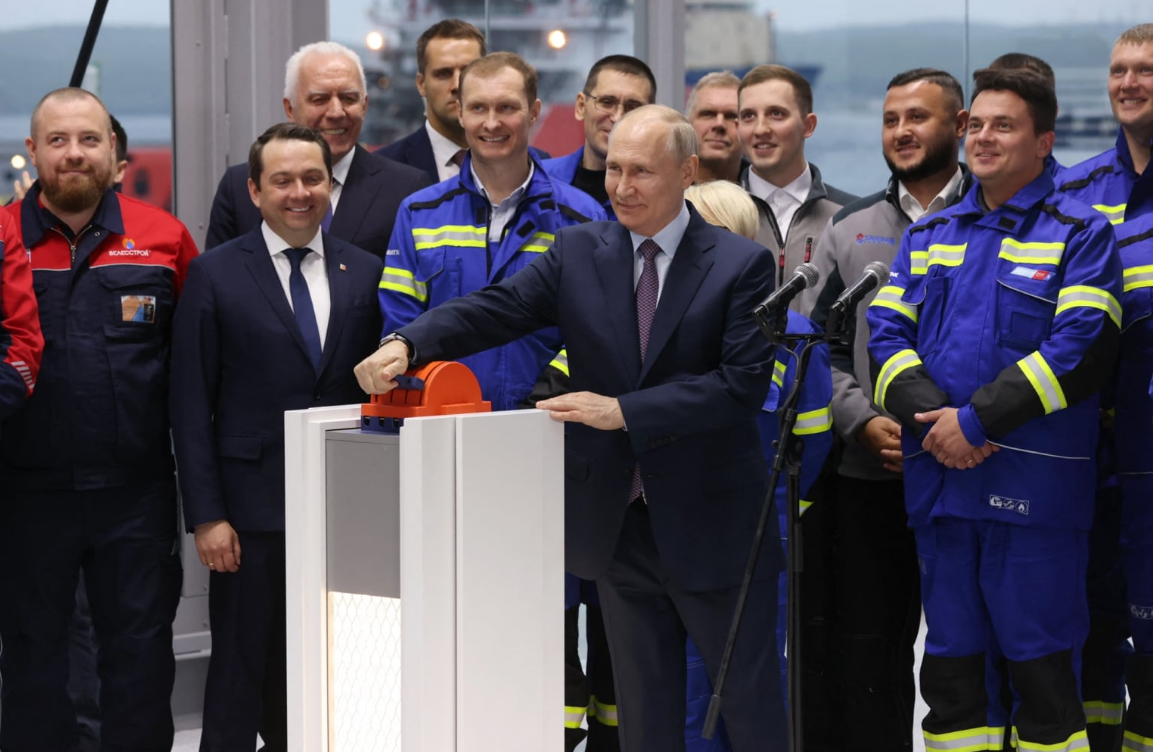
Russian President Vladimir Putin opens the first branch of Arctic LNG-2 along the Northern Sea Route, July 20, 2023. Photo: Le Monde
Force majeure – a contract provision that releases both parties from liability or obligation when an extraordinary event or circumstance beyond their control occurs.
The declaration of force majeure by foreign partners could result in Arctic LNG 2 losing long-term contracts for LNG supplies, while Novatek will have to finance the project itself and sell the super-chilled gas transported by ship on the spot market, Kommersant newspaper said.
Novatek’s initial investment in the Arctic LNG 2 project was $21 billion. Novatek has struggled to raise funds following Western sanctions against Russia. The sanctions also led to Novatek declaring force majeure on LNG supplies from the project, industry sources told Reuters last week.
The European Union (EU) could also follow the US in imposing restrictions on Russian LNG supplies.
A Beijing-based industry official with direct knowledge of the matter told Reuters last week that CNPC and CNOOC have both asked the US government for sanctions exemptions for the Arctic LNG 2 project.
With three processing trains, Arctic LNG 2 is expected to have a capacity of 19.8 million tonnes per year and 1.6 million tonnes per year of stabilized gas condensate. Production is expected to begin in early 2024. The project’s first LNG carriers are expected to set sail in the first quarter of 2024, according to Novatek. However, industry sources say commercial LNG supplies from the project are currently not expected before the second quarter of 2024 .
Minh Duc (According to Reuters, BNN Breaking)
Source



![[Photo] General Secretary To Lam visits exhibition of achievements in private economic development](https://vphoto.vietnam.vn/thumb/1200x675/vietnam/resource/IMAGE/2025/5/18/1809dc545f214a86911fe2d2d0fde2e8)
![[Photo] National conference to disseminate and implement Resolution No. 66-NQ/TW and Resolution No. 68-NQ/TW of the Politburo](https://vphoto.vietnam.vn/thumb/1200x675/vietnam/resource/IMAGE/2025/5/18/adf666b9303a4213998b395b05234b6a)


![[Photo] More than 17,000 candidates participate in the 2025 SPT Competency Assessment Test of Hanoi National University of Education](https://vphoto.vietnam.vn/thumb/1200x675/vietnam/resource/IMAGE/2025/5/17/e538d9a1636c407cbb211b314e6303fd)
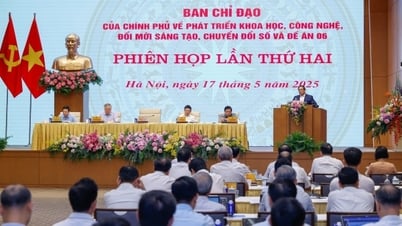

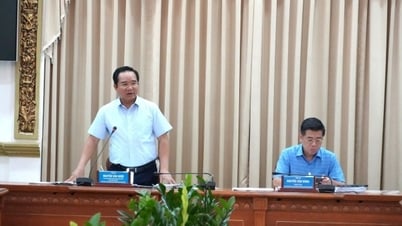
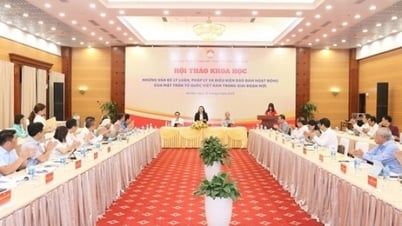
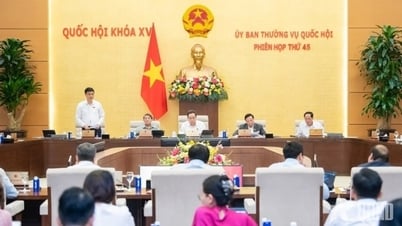
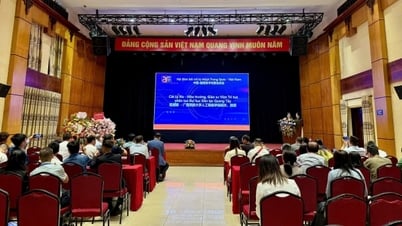
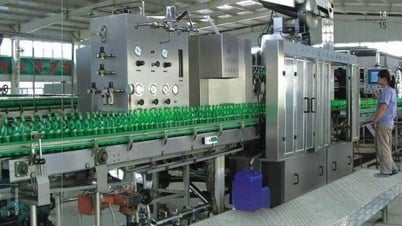










![[Photo] Prime Minister Pham Minh Chinh chairs meeting on science and technology development](https://vphoto.vietnam.vn/thumb/1200x675/vietnam/resource/IMAGE/2025/5/17/ae80dd74c384439789b12013c738a045)




























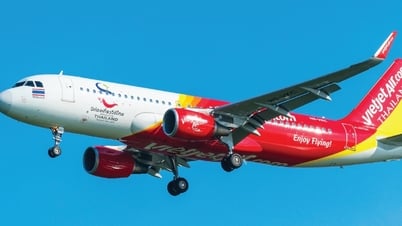

















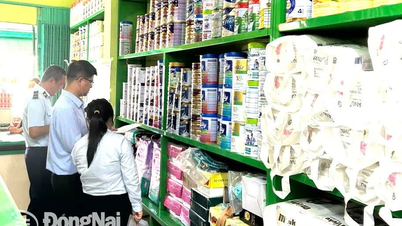

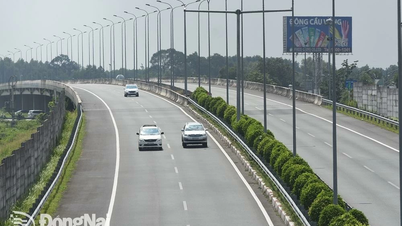
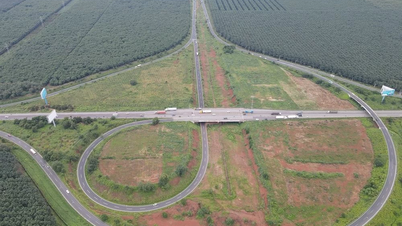
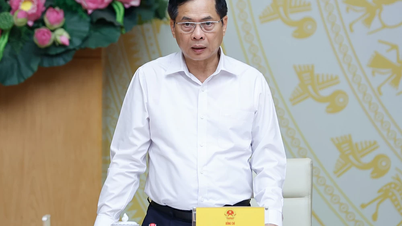
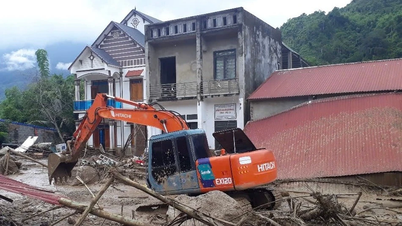

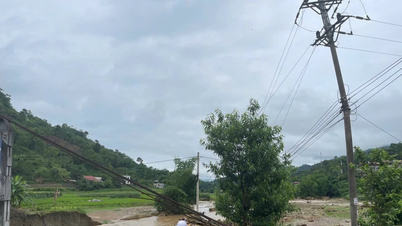










Comment (0)